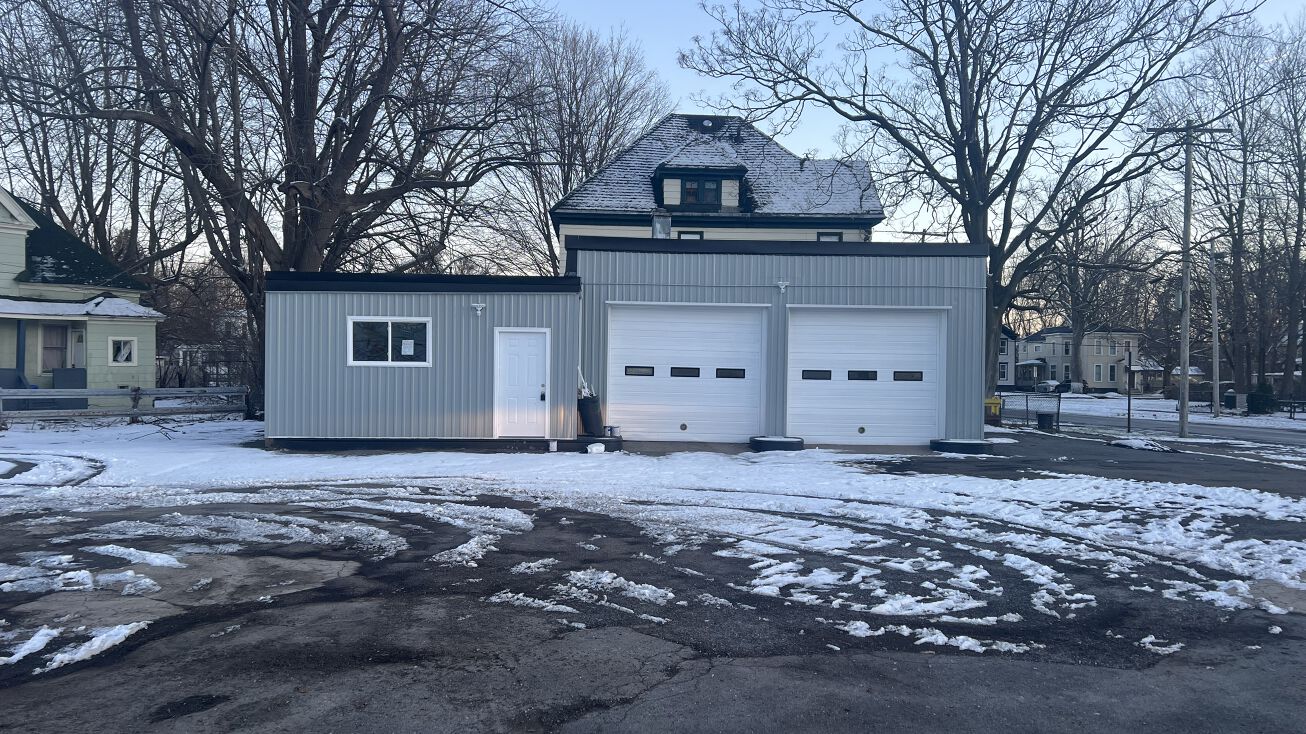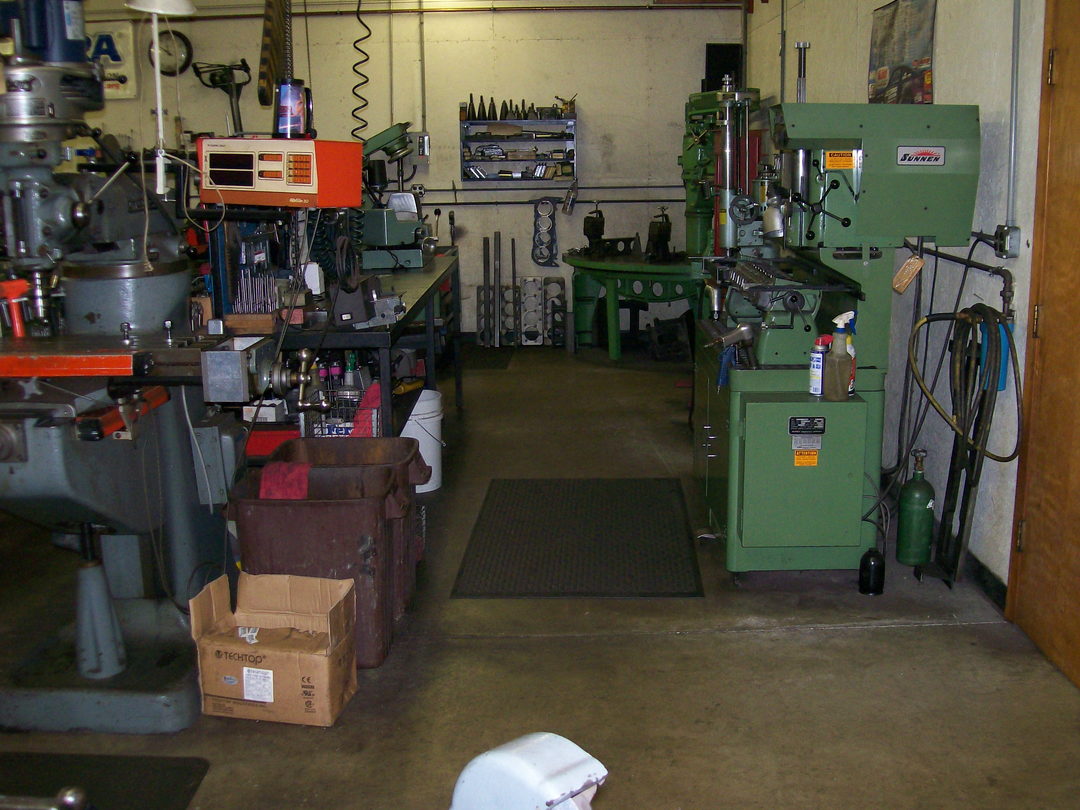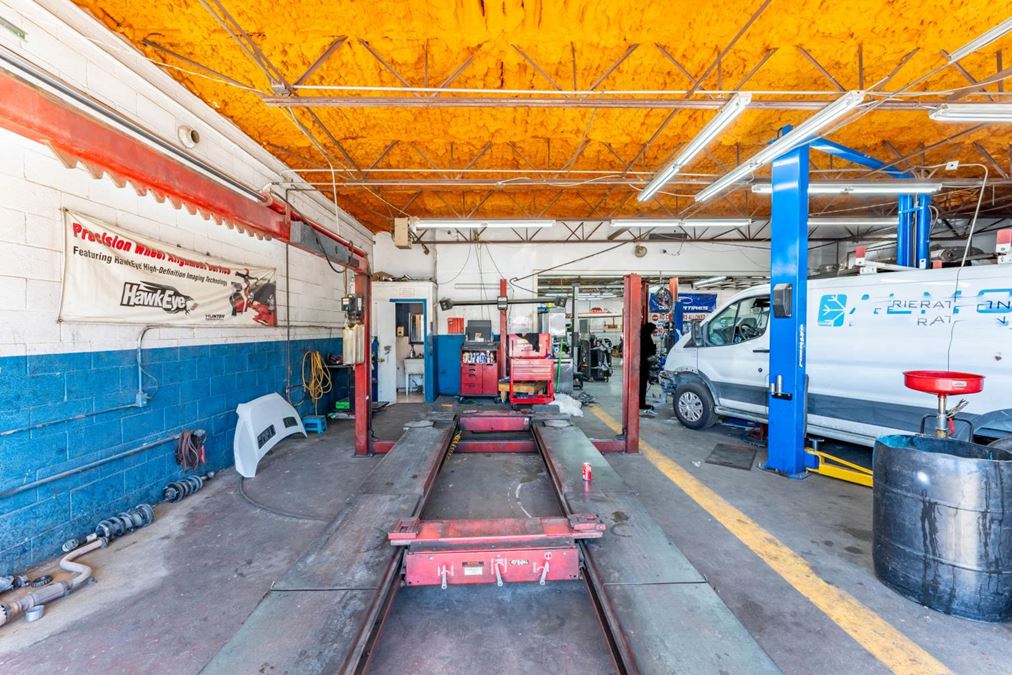Automotive Shop For Sale – In conclusion, the market for second-hand goods for sale is an ever-growing and dynamic space that offers numerous benefits to both buyers and sellers. Second-hand goods, especially those that are vintage or antique, often carry a sense of history and craftsmanship that can be missing from mass-produced products. They remind us that, despite living in a world where everything is for sale, there are some things that remain priceless. The promise of success in a marketplace driven by capitalism can be an illusion for those who don’t have the resources or opportunities to compete on equal footing. People can be bought and sold in the form of labor, for example, and loyalty can be traded for material gain. For the seller, the goal is often to maximize the value of the business, which requires a clear understanding of the company’s assets, liabilities, and future earning potential. Whether someone is looking to sell their business as part of a strategic decision or to retire, or whether a potential buyer is seeking an opportunity to invest in an established company, the process of buying and selling businesses is a common yet intricate part of the global economy. It carries the marks of life’s moments: the road trips, the adventures, the daily commutes, the memories of friends and family. The sale agreement will include details about the purchase price, payment terms, assets being transferred, and any contingencies that may apply. Everything for sale. Similarly, during periods of economic growth, there may be a greater willingness to spend on luxury second-hand items, such as high-end fashion or collectible items. An item’s worth can be subjective, influenced by the desires, needs, and circumstances of both the seller and the buyer. Second-hand items are typically sold for a fraction of their original price, making them an attractive option for individuals on a budget. For some, selling a business is a proactive decision to move on to new ventures, while for others, the sale might be the result of external factors, such as market downturns, changing consumer preferences, or regulatory shifts. While the online second-hand market has flourished, traditional thrift stores and second-hand shops continue to play an important role in the buying and selling of pre-owned goods. Whether it's old furniture that no longer fits with their style, clothing that no longer fits, or electronics they no longer use, selling second-hand items allows individuals to recoup some of the money they spent on these goods. When a person decides to sell something, they might weigh the pros and cons, debating whether it’s the right time or whether it’s really necessary to part with what they’ve had for so long. This stage can involve a variety of specialists, such as accountants, lawyers, and industry experts, who can provide a comprehensive evaluation of the business. The ease and convenience of online sales have created a global marketplace where individuals can connect with buyers and sellers across the world. A car is something that can hold a great deal of sentimental value.

Car Repair Shop For Sale
Franchise opportunities50,000 active listingsbuy a businessvalue your business

Auto Body Shop For Sale Los Angeles Ca Shop Poin
Franchise opportunities50,000 active listingsbuy a businessvalue your business

119 Merriman Ave, Syracuse, NY 13204
Franchise opportunities50,000 active listingsbuy a businessvalue your business

Complete Automotive machine shop for Sale in Knoxville, PA RacingJunk
Franchise opportunities50,000 active listingsbuy a businessvalue your business

Automotive Shop for Sale in Check VA!
Franchise opportunities50,000 active listingsbuy a businessvalue your business

4511 Lawnview Ave, Dallas, TX
Franchise opportunities50,000 active listingsbuy a businessvalue your business

M1 Zoning Automotive Shop For SALE Milton 401 & HWY 25, 3600 SQFT
Franchise opportunities50,000 active listingsbuy a businessvalue your business

Established Automotive Shop For Sale28979 in Hampton City County
Franchise opportunities50,000 active listingsbuy a businessvalue your business

Auto Shop for Sale Shopping sale, Car shop, Commercial real estate
Franchise opportunities50,000 active listingsbuy a businessvalue your business

Auto Shop For Sale in Lakeland Florida 1040 W Main St YouTube
Franchise opportunities50,000 active listingsbuy a businessvalue your business
While the online second-hand market has flourished, traditional thrift stores and second-hand shops continue to play an important role in the buying and selling of pre-owned goods. The possibilities are endless, and the result is often something more unique and personal than what could be bought new. For sellers, online platforms provide a global marketplace, allowing them to reach a wider audience than they would through traditional brick-and-mortar stores. To mitigate this risk, buyers should ask for detailed photos, read product descriptions carefully, and inquire about the condition of the item before making a purchase. Websites like eBay, Craigslist, Facebook Marketplace, and Poshmark have made it easier than ever for individuals to sell their unwanted items and for buyers to find exactly what they are looking for. Business brokers play a key role in facilitating the transaction by acting as intermediaries between the buyer and seller. These generations are more aware of the environmental impact of fast fashion, disposable goods, and the need to adopt more sustainable practices. The items placed for sale are not merely commodities; they are often vessels of memories, symbols of past achievements, or representations of something bigger than the price tag they carry. The marketplace for second-hand items continues to grow, driven by economic, environmental, and cultural factors. The materials, labor, and expertise that go into crafting these items naturally make them more expensive. When someone buys a second-hand item, whether it’s a piece of furniture passed down through generations or a retro jacket from a bygone era, they are not just acquiring an object; they are connecting to a story, a memory, or a cultural moment. For fashion-conscious individuals, buying second-hand is a way to express their personal style while also supporting sustainable practices. The idea of “everything for sale” challenges our understanding of what is sacred, what is essential, and what is truly priceless. In times of financial hardship, such as during recessions or periods of high unemployment, more people may turn to second-hand goods as a way to save money. For people looking to furnish their homes, build a wardrobe, or invest in certain hobbies or collections, second-hand goods often provide a way to access items they might otherwise be unable to afford. Online platforms also offer the convenience of searching for specific items, whether it’s a rare collector’s item, a particular brand of clothing, or a piece of furniture that fits a specific design style. But in reality, even the most profound relationships can be commodified in some way. Many high-quality products come with a rich history, whether it’s the legacy of a renowned brand or the personal touch of a local maker. The rise of minimalist living, which emphasizes owning fewer, more meaningful possessions, has played a role in this shift. A person might sell a beloved possession to fund an important life change, such as starting a business, moving to a new city, or pursuing a dream.
One of the key defining features of quality goods for sale is their ability to stand the test of time. This leads to the accumulation of waste that ends up in landfills, contributing to pollution and the depletion of valuable resources. The most obvious benefit is the cost savings. Each item was unique, and the quality was immediately apparent to the buyer. Many high-quality products come with a rich history, whether it’s the legacy of a renowned brand or the personal touch of a local maker. The struggle is not in resisting the marketplace entirely, but in finding balance, in ensuring that the things that truly matter cannot be bought, sold, or traded. In the age of immediacy, it can often feel as though many goods are made with built-in obsolescence, created to be replaced every few years. In both cases, there’s a sense of vulnerability. For sellers, the market for second-hand goods offers an opportunity to declutter their homes and make some extra money. It’s a constant negotiation, where both parties seek to align their perceptions of worth and reach an agreement that satisfies both sides. There’s something deeply satisfying about using an item that was crafted with skill and attention. Whether buying vintage clothing, upcycled furniture, or pre-owned electronics, the growing popularity of second-hand shopping reflects a broader desire for more sustainable, creative, and conscious ways of living. After the sale is complete, the buyer assumes responsibility for the business and takes control of its day-to-day operations. A well-made frying pan or a durable pair of boots might not have the cachet of a designer handbag, but their value lies in their functionality and reliability. These goods aren’t just products; they are symbols of craftsmanship, heritage, and pride. They walk into a space that holds the potential for their own memories to be created, for their own life to unfold. The idea of “buying quality” is not just a luxury; it’s a mindset that encourages consumers to think beyond the momentary gratification of cheap purchases and focus instead on long-term value and satisfaction. The environmental benefits of buying second-hand goods go beyond just reducing the need for new production. For environmentally conscious consumers, buying second-hand is not just a cost-effective choice, but a way to make a positive contribution to the planet. This sense of connection can also extend to the broader culture of quality goods, where consumers and creators share a commitment to excellence and a desire to preserve the craft and tradition behind these products.